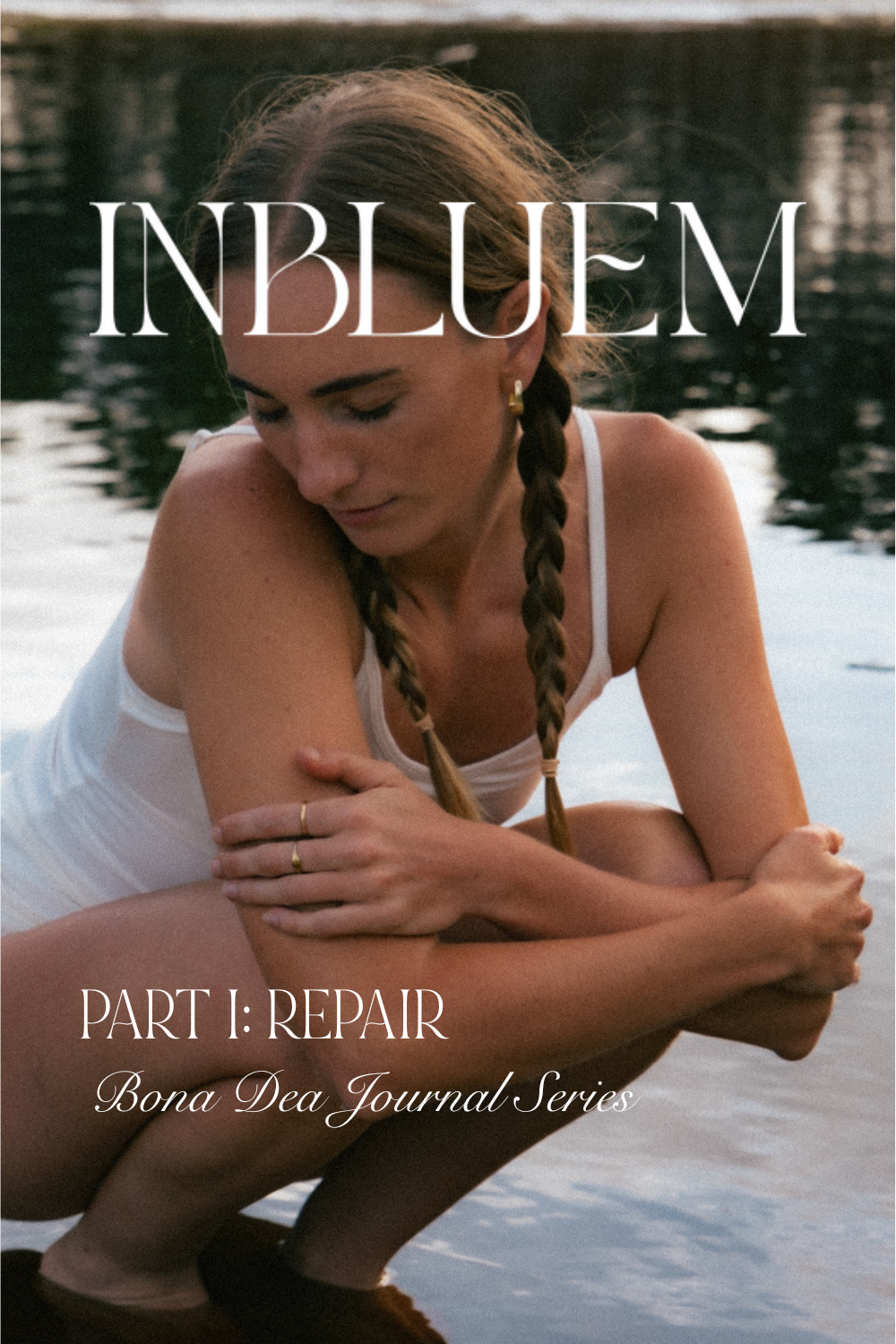The Art of Deep Listening

For centuries, cities have operated on extraction. Land cleared. Resources mined. Water redirected. Bodies exhausted. Intelligence outsourced. The urban environment—fast, hungry, mechanised—was never designed to listen, only to take.
But ecological listening asks something radical. It asks us to stop assuming we know what is best and start observing what is already working. It asks us to tune into signals not engineered for profit but evolved for balance.
In an extractive paradigm, nature is inert—useful only when subdued or commodified. Parks are ornamental. Plants are assets. Water is a channel to control. Yet, in listening deeply, we sense that ecosystems are speaking constantly: in birdsong indicating habitat presence or absence; in weeds breaking through pavement, signalling soil resilience; in frogs returning after rain, marking water health and its ripple effects.
To rewild, then, is to re-attune—to trade conquest for conversation.
Indigenous knowledge systems have practiced this for millennia. In Australia, Aboriginal fire management recognises that small, seasonal burns prevent massive bushfires and regenerate native landscapes. The land is not something to own or fear, but a relative—responding to how it is treated. As Tyson Yunkaporta writes in Sand Talk, "The land is a sentient and conscious entity. It is not just a backdrop for our activities."
Cities often forget this. They interrupt life's cycles by centralising energy and severing reciprocity. Yunkaporta continues: "The city places itself at the center of these systems and strips them to feed its growth, disrupting cycles of time and land and weather and water... Matter and energy are directed into static heaps rather than cycled back through and between systems."
In healthy systems, energy circulates. Waste becomes nourishment. Life is passed forward through relationship. Extraction halts this flow. Listening restarts it.
The opposite of extraction is not just conservation—it is participation.
Stewardship is an active relationship that is somehow neither passive nor possessive. It understands that our presence can be catalytic, not corrosive. That tending to the places we inhabit, when done with reverence and rhythm, is restoration. Urban community gardens, green rooftops, composting collectives are more than sustainability efforts—they are training grounds for ecological literacy.
To listen is to learn the difference between growth and accumulation. Between abundance and excess. Between intervention and interference.
It's hearing the silence that follows overdevelopment, and the slow return of sound when rewilding begins.
Listening doesn't require technology. It requires attention. Presence. Curiosity. It starts when we stop assuming nature needs our improvement and begin asking what she needs from us.
This is how the shift from extraction to stewardship begins.
Not with declarations.
But with quiet.






Leave a comment
This site is protected by hCaptcha and the hCaptcha Privacy Policy and Terms of Service apply.